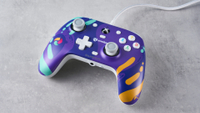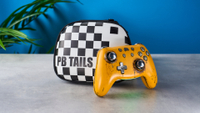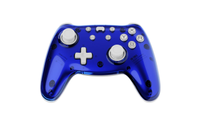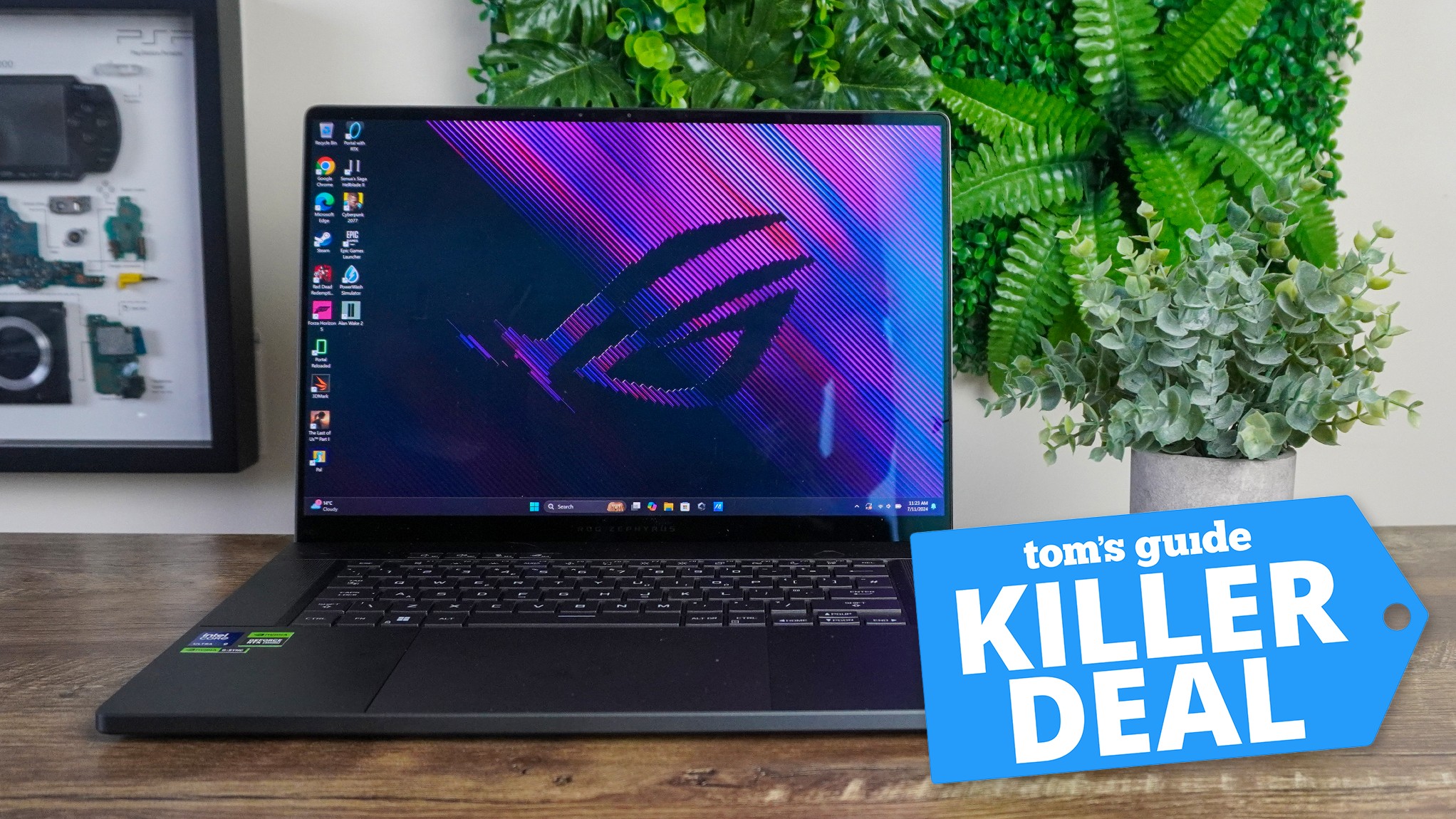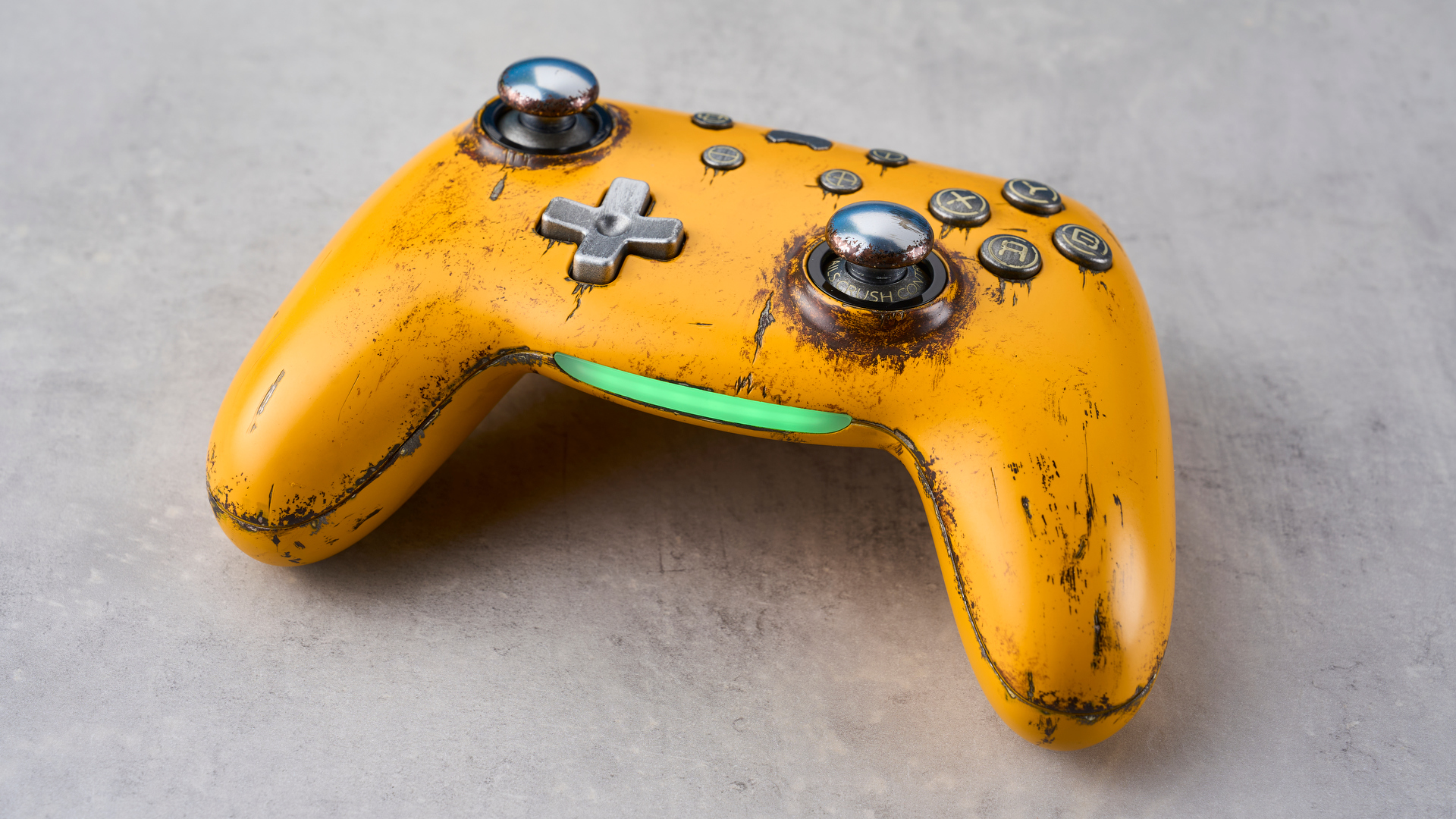
Custom controllers have a rich history, with adherents ranging from the very best esports professionals, to even Timothée Chalamet. I have long saw third party controllers as a cheaper alternative to buying a new mainline controller, rather than an upgrade — but the growing popularity of Hall Effect controllers in the last few years have proven otherwise.
The Hall Effect is essentially a move away from the traditional analogue sticks, where physical contact causes them to wear down over time, and ultimately cause stick drift. Using magnets, rather than a direct point of contact, the Hall Effect allows thumbsticks to possess increased accuracy by reading electromagnetic waves, and eliminated stick drift as a possibility.
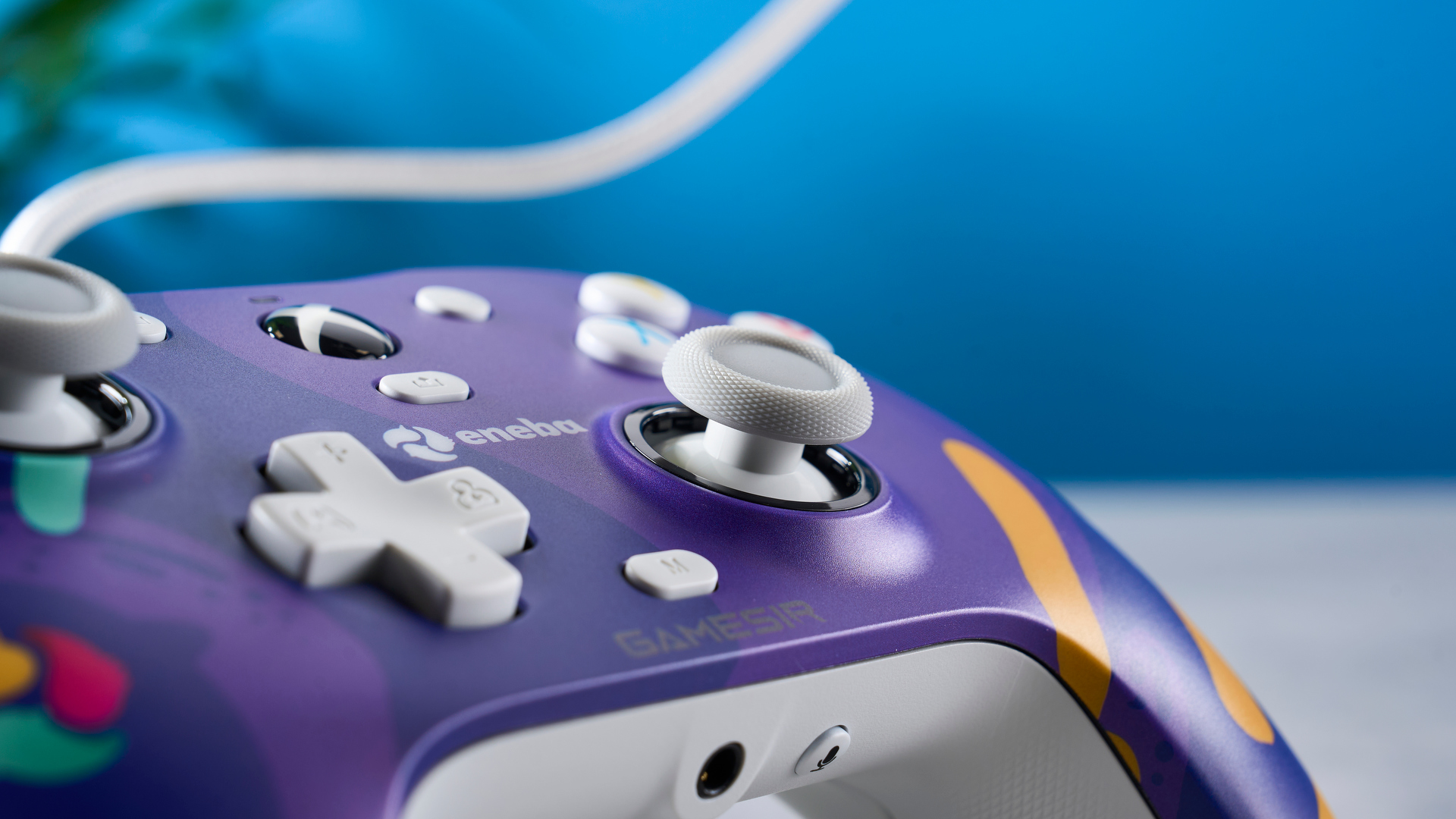
Many of the best PC game controllers have incorporated this tech in great ways, both for thumbsticks and triggers. The GameSir G7 SE ($44) is one of my favorite examples of this, with the thumbsticks feeling accurate, with a nice amount of customization available — all contained in an otherwise standard Xbox format.
You're not going to be able to go back to a standard, analog controller after giving the G7 SE a shot, especially if you want to get the most out of your gamepad.
(2 Pack) GameSir G7 SE: $85 @ Walmart
Giving you a big advantage over a standard Xbox controller, the G7 SE offers in-depth customization of its Hall Effect triggers and thumbsticks, while remaining plug and play on both Xbox and PC.
TMR and you
So, if Hall Effect is so good, why would you need anything else?
A brief search will tell you that TMR (Tunnel Magneto Resistance) is a complex concept involving quantum tunneling and ferromagnets. I am not going to pretend to understand what the ramifications this has on science, but this technology was originally used for hard drives.
You don't really need to wrap your head around the specifics to make the most of it in-game, though, and you'll quickly pick up on the key differences.
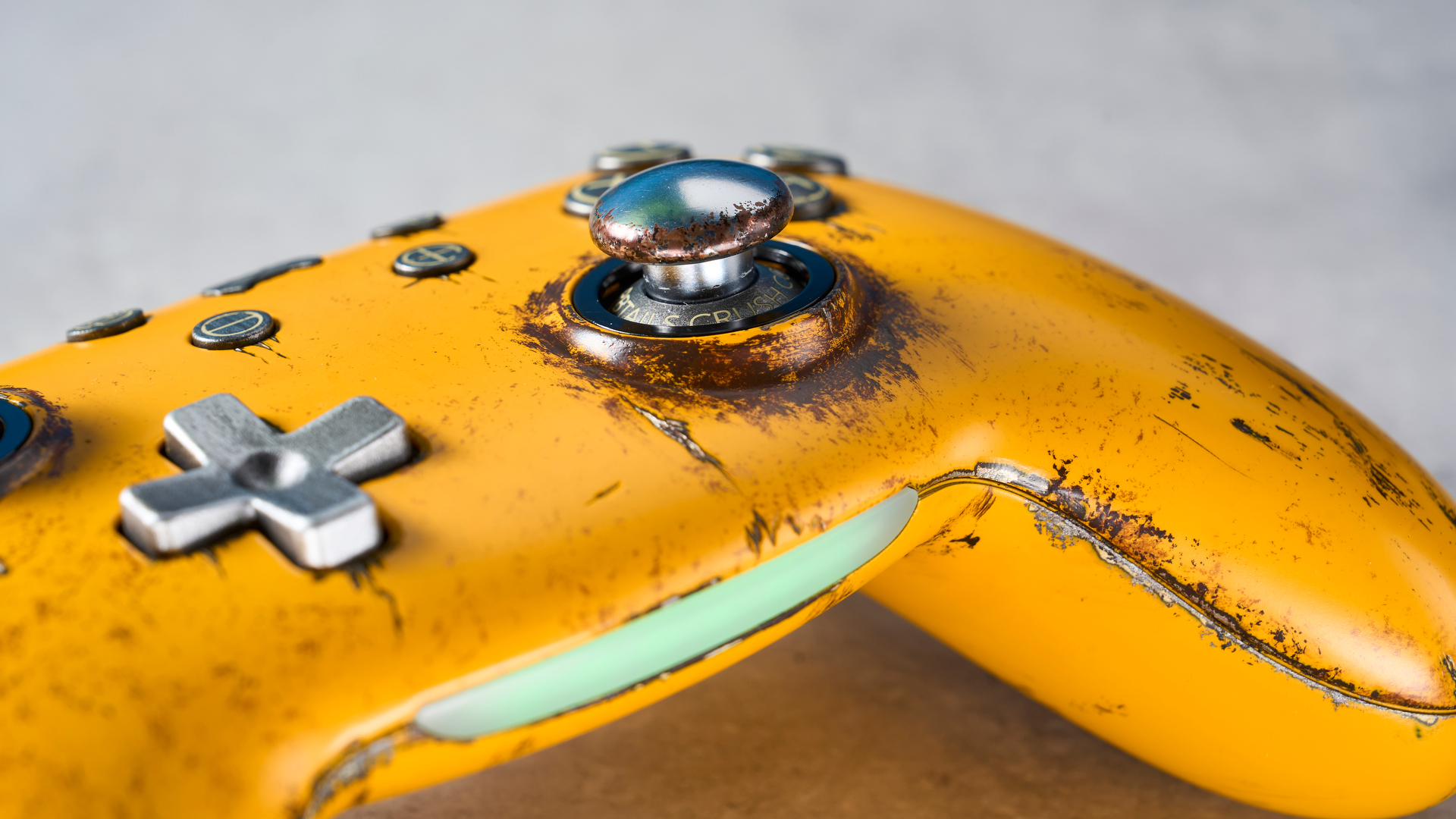
Only recently being used for controller thumbsticks, TMR allows you to reach even more precise levels of accuracy than what the Hall Effect is capable of. It uses weak electromagnetic waves rather than strong ones, which means that smaller adjustments and movements are picked up by the sensor.
The boost to accuracy is definitely noticeable. Even with Hall Effect sensors, I found that sometimes small movements would not be picked up by the controller —sometimes to catastrophic in-game results.
This has the added bonus of using a fraction of the energy that Hall Effect sensors use, thanks to the use of weaker electromagnets. For controllers, this means more time gaming and less time charging. It's great if you're after longevity, as well as accuracy.
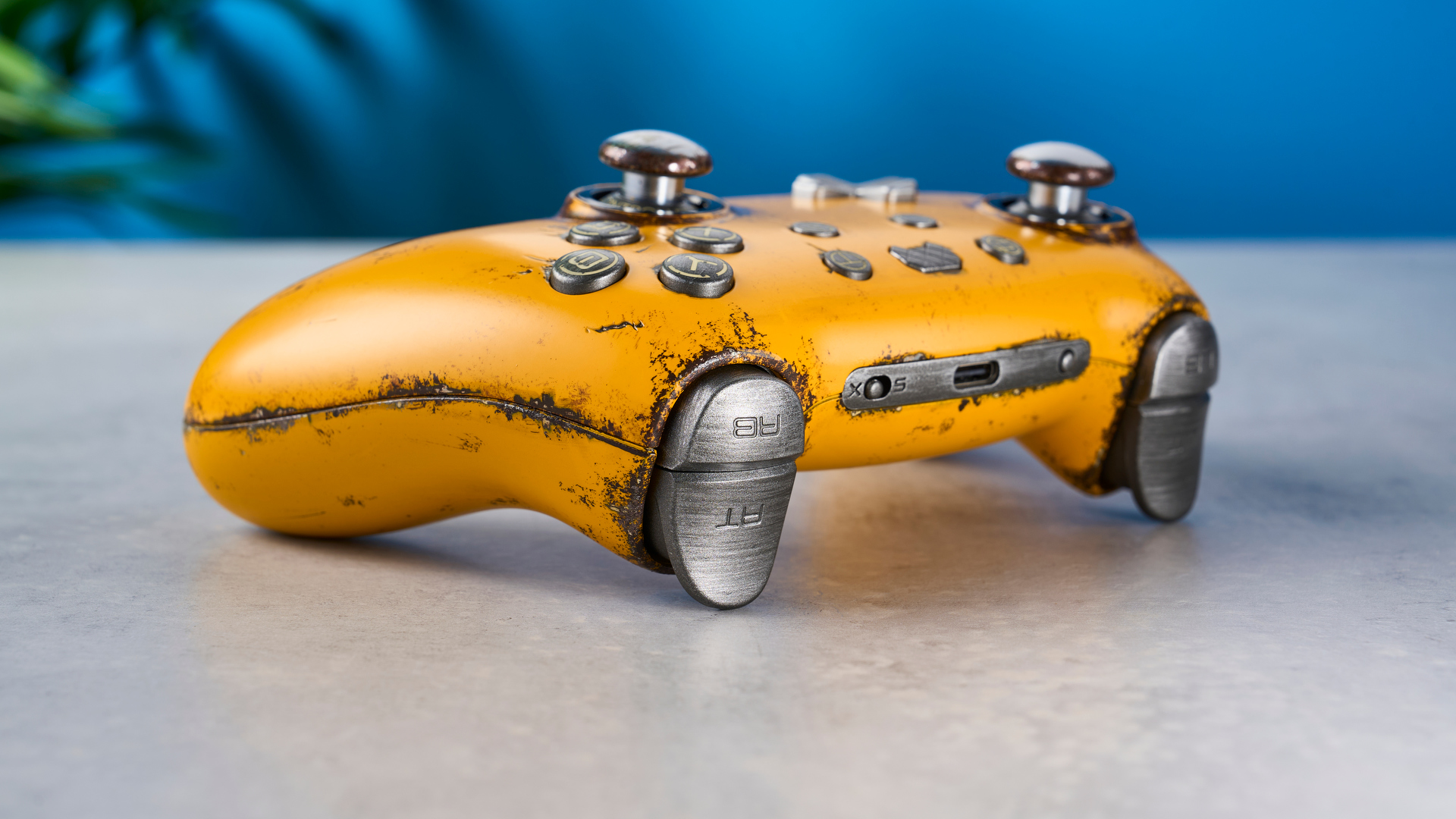
Leading the charge
The reason I am fully invested into the future of TMR for controllers is solely thanks to the PB Tails Metal Crush Defender ($104).
This metal beast of a controller comes with silver-topped TMR thumbsticks, as well as Hall Effect triggers, which combined makes it unstoppable in game. Making the most of PC compatibility, I immediately took to the skies with it in Ace Combat 7. Swooping around the skies never felt better, with last-minute manoeuvres coming much more naturally to me.
It even comes with a cool, Borderlands-esque metallic case — holding the controller made me feel like I struck gold at the scrap heap, and added to my jet-fueled action on screen.
PB Tails Metal Crush Defender: $109 @ PB Tails
The leading force in TMR tech, The PB Tails Metal Crush Defender is one of the best controllers if you game on PC and Switch. Thanks to the next-gen thumbsticks, supported by some great, tactile buttons and Hall Effect triggers, this is not a controller to ignore.
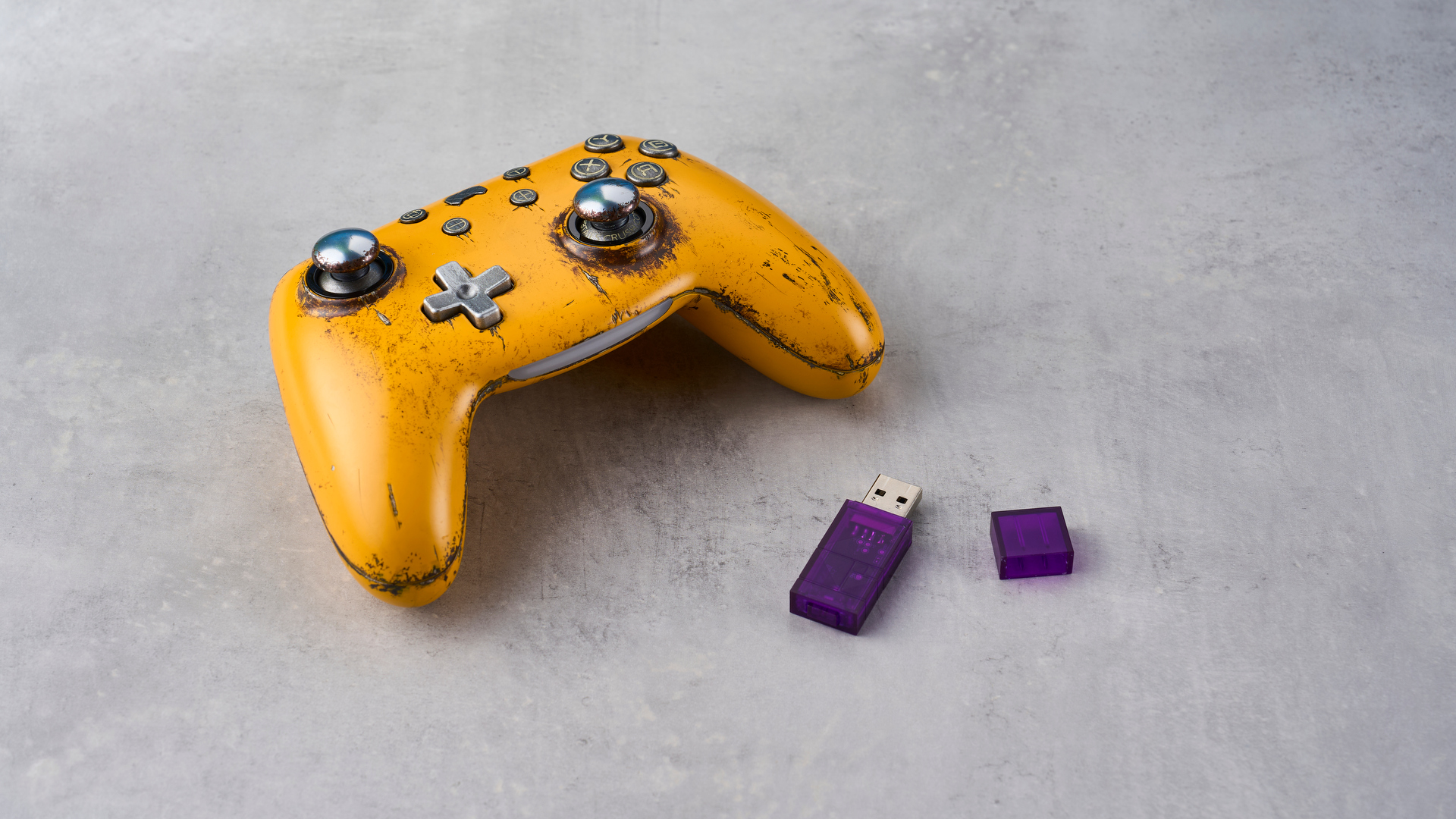
Unlike the G7 SE, it is compatible for the Nintendo Switch. The Switch's JoyCons were a source of frustration due to the infamous stick drift epidemic, afflicting a large number of long term Switch user's controllers. The TMR thumbsticks on the Crush Defender are immune to this issue, and the added accuracy is huge.
I noticed the difference over Hall Effect Pro controllers such as the 8BitDo Ultimate ($70), and I was able to pull off moves in Super Smash Bros. Ultimate that I have only dreamed of before. It felt like the control was greater than before, with the silver thumbsticks moving effortlessly to guide my character to victory after victory.
A magnetic future?
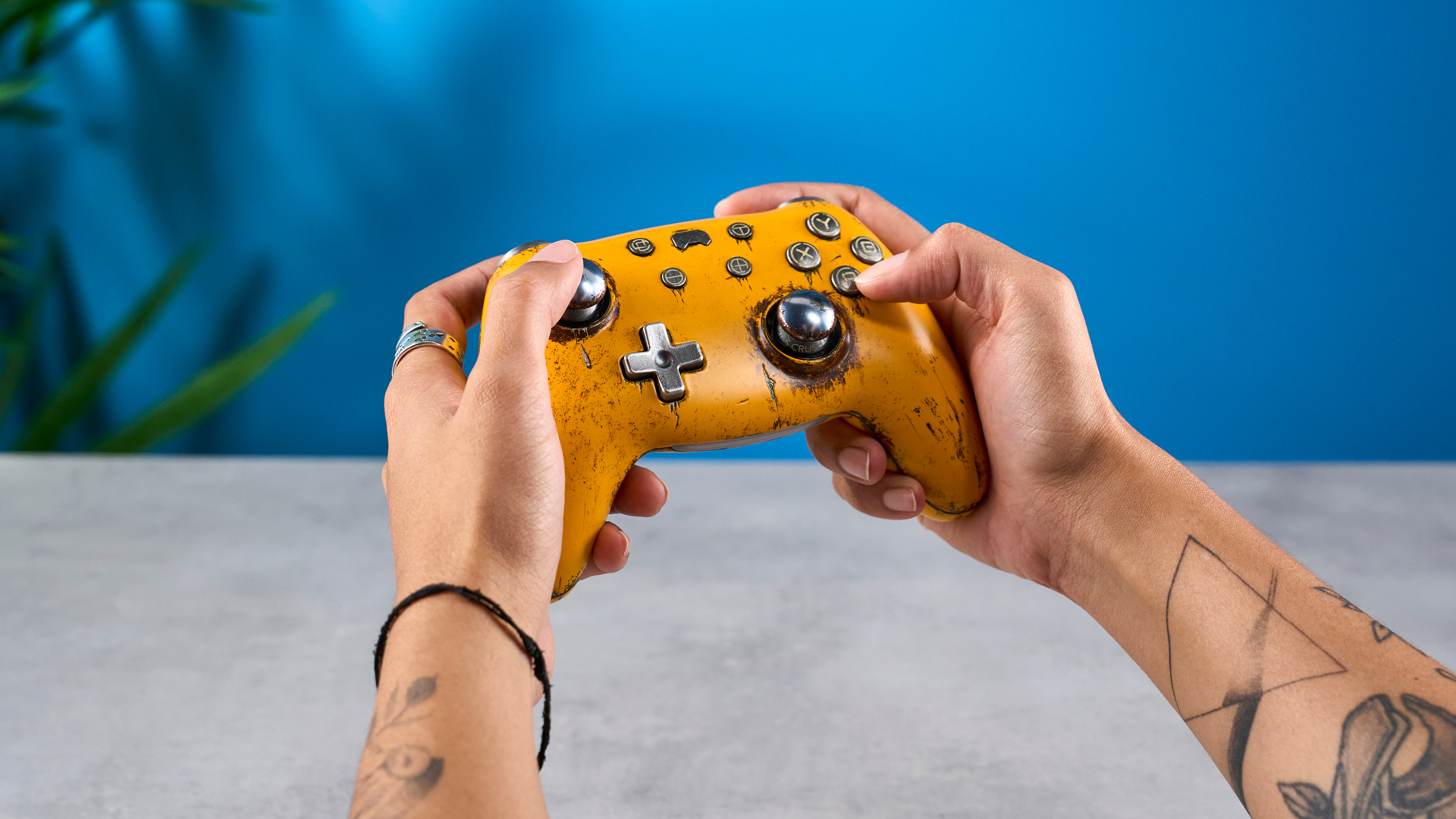
PB Tails Crush: Was $64.99 now $49.99 @ PB Tails
A cheaper, plastic version of the Crush Defender, the Crush features TMR thumbsticks on top of the wealth of features that the Crush Defender is known for. It also has the added bonus of fun RGB lighting options, and slightly more readable buttons.
I am excited for more competitor controllers to release their own TMR builds, and I hope to see the trend become a mainstay like Hall Effect has. At the moment, the PB Tails Crush Defender, and the TMR edition of the PB Tails Crush ($49) are the only mass produced controllers with this feature.
Don't get me wrong, these are some great controllers to start with. But I would really appreciate more variety in design, and wider compatibility. The near-total lack of customization available for the Crush Defender is particularly sign that there is a lot of untapped potential.
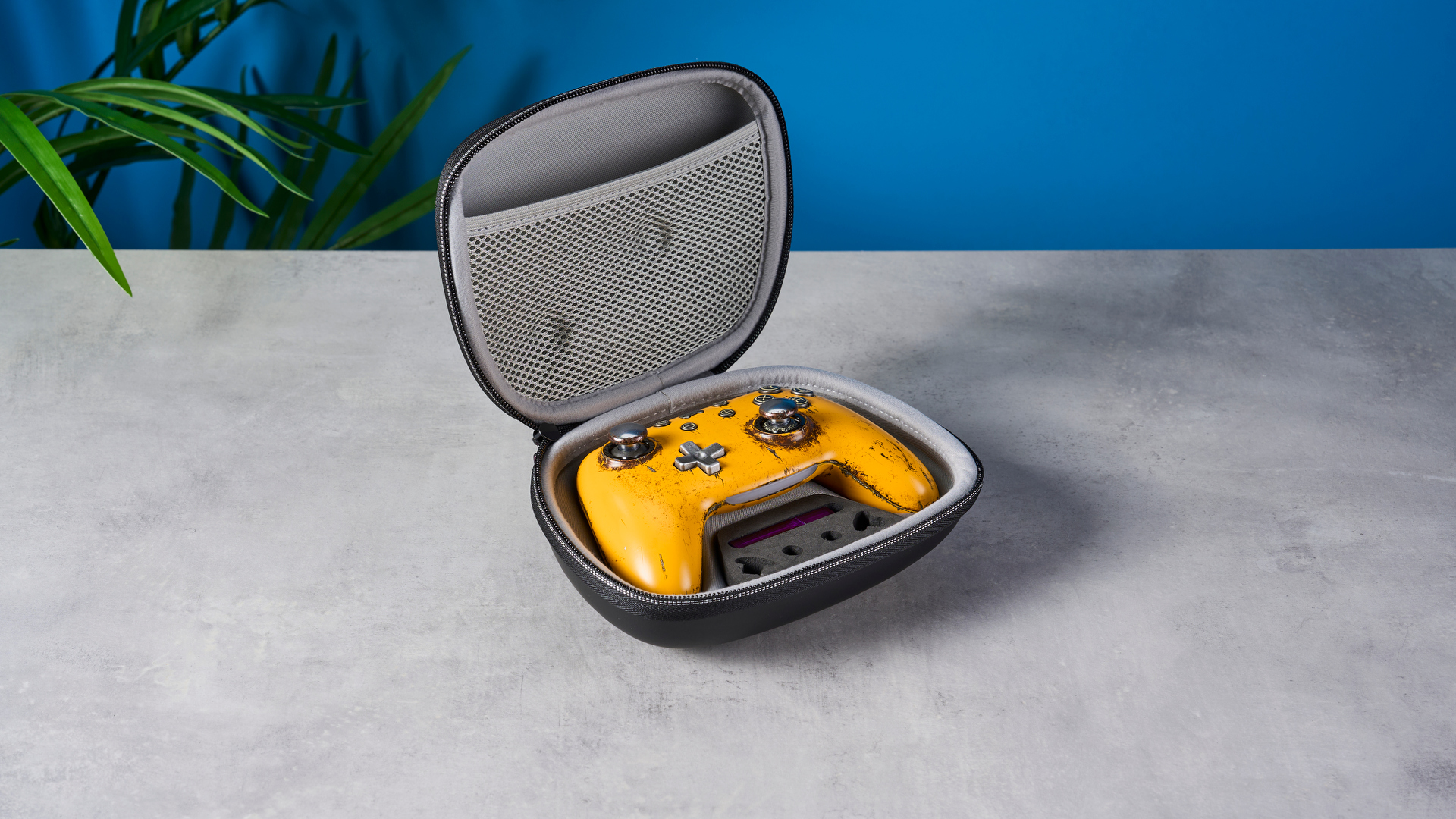
Fortunately, TMR is incredibly easy to install on controllers. It doesn't require a total re-wiring or reworking of a controller's design — it is quite literally a straight upgrade over Hall Effect, and I (boldly) believe the future will see Hall Effect be made somewhat obsolete by this very cool technology.
Needless to say, I am excited for what's to come in the world of magnet-powered controllers.
More from Tom's Guide
Sign up to get the BEST of Tom's Guide direct to your inbox.
Get instant access to breaking news, the hottest reviews, great deals and helpful tips.

Eve is a Staff Writer on the Reviews team at Tom’s Guide. Her expertise centers around computing, and she loves testing out the very best high performance peripherals to help you make the right choice. With her experience working in IT and a love for gaming, she has an eye for function and efficiency— this is reflected in the time spent building and customizing her own desktop PCs. In her downtime, Eve is always on the lookout for new tech to give her a competitive edge in the latest games, or a boost in her daily productivity.
-
Electriphead I've been looking for a high end (affordable) controller option for PC gaming. This one sounds wonderful, except 1 thing. The layout. I might as well buy a PS5 controller. Same price, the layout I want, but unfortunately no perks made for PC gaming. Why do aftermarket controller companies assume we all want X-Box controllers?! The ones that do make them in the PS format, don't have the best features and cost more than the native controller. I'm open to suggestions, but I haven't found a less expensive option with great features for PC gaming yet.Reply -
OmegaZeroX Reply
That's simple, because the Xbox layout is superior. I play Xbox and PS and Switch, the Xbox layout feels more natural. Switch and PS are tied for 2nd, though the Switch Pro controller edges out the PS5 controller in terms of feel and comfort. The only thing I enjoy about the PS5 controller over the others is the features like built in mic and adaptive triggers.Electriphead said:I've been looking for a high end (affordable) controller option for PC gaming. This one sounds wonderful, except 1 thing. The layout. I might as well buy a PS5 controller. Same price, the layout I want, but unfortunately no perks made for PC gaming. Why do aftermarket controller companies assume we all want X-Box controllers?! The ones that do make them in the PS format, don't have the best features and cost more than the native controller. I'm open to suggestions, but I haven't found a less expensive option with great features for PC gaming yet. -
Garth Marenghi Reply
"Why would they assume we all want X-Box controller layouts?"Electriphead said:I've been looking for a high end (affordable) controller option for PC gaming. This one sounds wonderful, except 1 thing. The layout. I might as well buy a PS5 controller. Same price, the layout I want, but unfortunately no perks made for PC gaming. Why do aftermarket controller companies assume we all want X-Box controllers?! The ones that do make them in the PS format, don't have the best features and cost more than the native controller. I'm open to suggestions, but I haven't found a less expensive option with great features for PC gaming yet.
Probably because they all have human hands like us so it makes sense why they would make a controller that fits human hands rather than the dog shit layout Sony keeps for the sole purpose of trying to differentiate itself instead of admitting a mistake.
Kind of like why it took them so long to sell their games on PC. Strictly out of sheer stubborn stupidity and outsized ego. -
turk69 I was going thru xbox series s controllers so much i almost gave up gaming. That is until i found the Gamesir G7se. I have had it for a year now and it is flawless, not even a flicker of drift. Ive dropped it a couple times, its flawless. On top of all that it was only 40 bux. It being wired does not bother me at all. Shame on these big videogame companies for not using hall effect, it is flawless. They obviously want people buying controllers over and over.Reply -
rexster8 So the FUN60 Ultra TMR is the first PC keyboard to use TMR with the SAME magnetic switches that Hall Effect keyboards use. I'm very curious as to why nobody else has picked up on this yet. I'm curious to see if all of those Hall Effect keyboard makers will change their tune or will the extra precision and power savings not be great enough for anyone to care? Though nobody has done any real world tests to see how much power savings occur, the one thing that they did do was make 8khz polling available of a 2.4Ghz wireless connection on the keyboard so at least you are getting a super responsive keyboard over wireless while no other keyboard is able to do this!Reply
